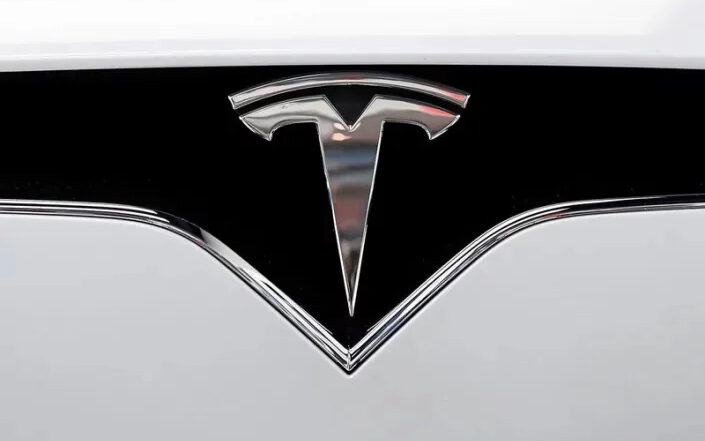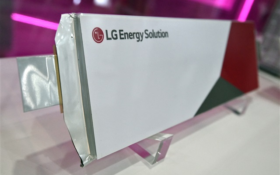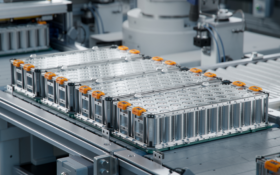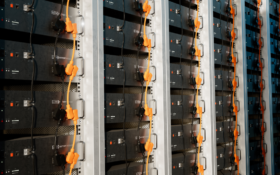Plaintiffs claimed that automatic software updates to their Tesla model S and model X EVs have violated federal and state laws because they can reduce driving range considerably (at least 20%) and forced some owners to replace batteries, at a cost of $15,000 from Tesla service, according to news outlet, Reuters.
The group of owners and lessors filed a proposed class-action lawsuit in the US District court in San Francisco, California, arguing that the vehicles are ‘protected computers’ under the Computer Fraud and Abuse Act, and that automatic updates violate the consumers’ rights under the law. The lawsuit said that some owners have paid 3rd parties $500-$700 to reverse the battery-related software updates.
Steve Berman, of Hagens Berman, representing the owners said: “Tesla owners and lessors are uniquely at the mercy of their cars, and Tesla imposes software updates without their consent whenever their vehicle is connected to WiFi”. Attorneys say that Tesla currently denies reimbursement to model X and model S owners and lessors experiencing reduced battery capacity following a software update.
In July 2021 Tesla agreed a $1.9M settlement claim (including $400,000 attorneys fees and expenses) when software updates reduced maximum battery voltage in 1,745 Model S sedans.












